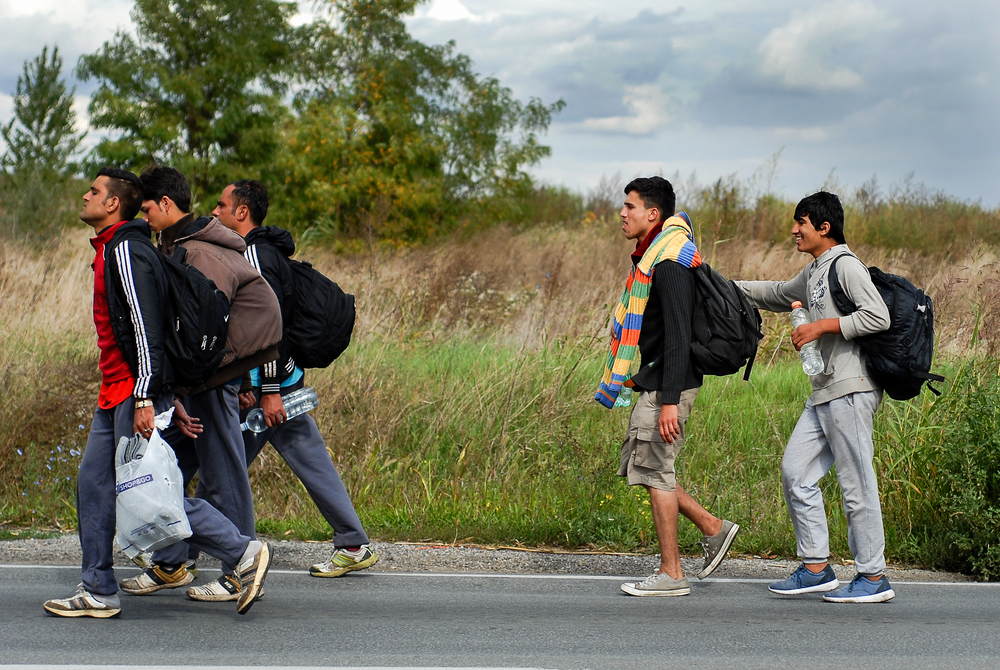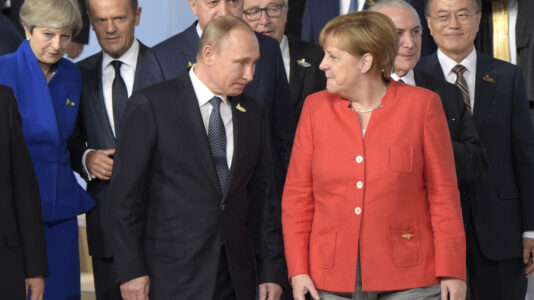A new poll reveals a German public overwhelmingly dissatisfied with the left-liberal ruling government’s migration policy, with the vast majority of Germans clearly turning against mass immigration.
The Insa poll shows that 74 percent of respondents say the government is failing to take enough action against immigration, while only 17 percent of voters say the government is taking “sufficient’ action.
In addition, 72 percent of respondents say it is right to carry out asylum procedures outside the EU’s external borders, while only 16 percent say the measure is wrong.
The poll also shows that Germans are not only against illegal immigration, but want lower levels of all immigration, including legal immigrants. The poll shows 69 percent of respondents would like (rather) less migration to Germany, while only 11 percent would like (rather) more migration. Another 14 percent do not care and 6 percent refused to answer.
“Green voters (38 percent) are the least likely to say that they are in favor of less migration, but even among this group, a relative majority wants fewer or rather fewer immigrants: Only 29 percent of Green voters want (rather) more migration,” writes Bild.
BSW voters (87 percent) and AfD supporters (92 percent) were the most likely in favor of less migration, according to the poll.
The results show the incredible disconnect between what Germans want and what they are getting from the government. The “traffic-light coalition” that rules the country, the Social Democrats (SPD), Greens, and the Liberals (FDP) have moved forward with a program that will expand benefits to migrants, provide expedited citizenship to millions of newcomers, a relaxation of immigration rules, and plans to boost immigration from a range of non-EU countries.
In addition, the federal government has presided over an explosion of foreigner crime, with a record high of 41 percent of all crimes committed by foreigners in 2023, including 6 out of 10 violent crimes.
Furthermore, migrants cost Germany €48.8 billion in 2023, meaning they cost the state as much as nearly the entire German army, known as the Bundeswehr.






